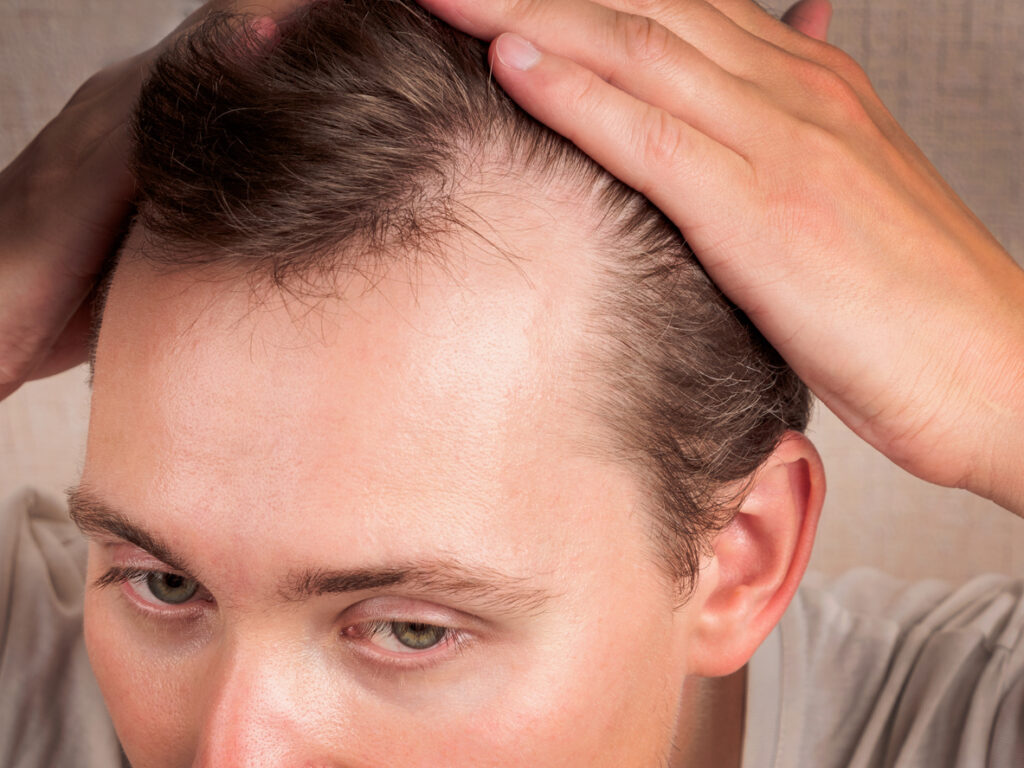PP405, an investigational topical therapy for androgenetic alopecia, met its primary safety endpoint and secondary pharmacokinetic endpoint in a Phase 2a clinical trial, PP405 maker Pelage reports.
PP405 is designed to reactivate dormant hair follicle stem cells, offering a potential first-in-class approach for both men and women experiencing hair loss.
Statistically Significant Response
The Phase 2a randomized controlled trial enrolled a total of 78 men and women with androgenetic alopecia, representing a diverse range of skin phototypes and hair textures. The subjects applied PP405 or a placebo on their scalp once daily for four weeks and were followed out to 12 weeks. The study met its primary safety endpoint and secondary pharmacokinetic endpoint: the drug was well tolerated with no systemic absorption of PP405 detected in the blood. In addition, exploratory endpoints assessed early signs of new hair growth.
Preliminary results from one month of treatment showed a rapid and statistically significant clinical response. At Week 8, 31% of men with a higher degree of hair loss who were treated with PP405 exhibited a greater than 20% increase in hair density, compared to 0% of patients in the placebo group. Typically, visible hair regrowth requires 6-12 months of continuous therapy, suggesting PP405 may yield a more rapid clinical response than current treatments, the researchers note. PP405 induced new hair growth from follicles where no hair was previously present, a finding that suggests early validation of its regenerative potential.
Phase 3 Expected in 2026
Following the randomized portion of the clinical study, subjects who received placebo were eligible to enroll in a three-month open-label safety extension to assess long-term safety. Pelage expects to initiate Phase 3 studies in 2026 designed to further evaluate the safety and efficacy of PP405 in men and women.
“Despite affecting millions, hair loss has seen remarkably little progress in clinical research,” says Arash Mostaghimi, MD, Vice Chair of Clinical Trials and Innovation at Brigham and Women’s Hospital in Boston, MA, and Pelage advisory board member, in a news release. “What’s compelling about PP405 is that it brings scientific rigor to a space that’s needed it for decades. A well-tolerated, topically delivered therapy that shows measurable biological activity this early is rare. This could reshape how we think about clinical progress in hair growth.”


